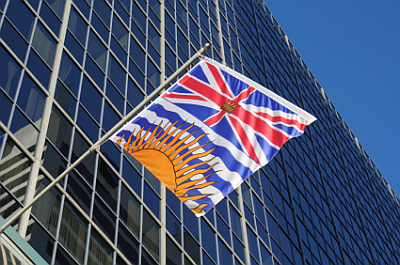
By Dawn Wattie, Surrey Business Lawyer
Structuring a business is the first major decision for an entrepreneur starting a new enterprise. The nature, size and complexity of the venture will often determine your choice of entity structure. Often, an initial consultation with counsel is helpful at this stage.
There are four types of business structures available in British Columbia*:
- Sole Proprietorship
- General Partnership
- Limited Liability Partnership
- Limited Liability Company
These four types of business sructures differ in terms of complexity and powers.
A sole proprietorship and general or limited partnerships are structured by registration and a limited liability company through incorporating a separate legal entity.
A sole proprietor is the most basic form of a business – where a person or entity is responsible for all assets and liabilities of the business. Income derived from a proprietorship comes to a person as part of their personal income.
A general partnership or limited liability partnership is made up of one or more persons or entities coming together to run a business. Normally these partnerships are registered, with rules & requirements set out in the form of a partnership agreement.
A general or limited liability partnership also has to adhere to the provisions of the Partnership Act. The key difference between a general partnership and limited liability partnership revolves around liability:
- Partners in a general partnership are jointly and severally liable for activities of the partnership
- Partners in a limited liability partnership, when acting in accordance with the requirements of the Partnership Act, may be indemnified (by the partnership) for the activities of the partnership
A limited liability company is incorporated by completing the incorporation and post incorporation process as set out in the Business Corporations Act. A limited liability company is a separate legal entity and has powers as such.
The incorporation process requires three initial documents:
- Incorporation agreement
- Articles
- Consent to act as directors
The incorporation process is completed by accessing “corporate online” and completing an incorporation application that requires:
- a notice of articles outlining the incorporators
- first directors
- proposed share structure of the company
The post incorporation process requires:
- completion of the resolutions by the incorporators
- resolutions by the first directors
- execution of subscription agreements for purchase of shares
- the issuance of share certificates
All the necessary forms for registering a sole proprietorship or partnership or incorporating a company and a good summary of business forms can be found at the Corporate Registry website.
* Other organizations, such as not for profit societies and cooperative associations, can also be structured – these are governed by the Society Act and Cooperative Association Act.
Speak Your Mind
You must be logged in to post a comment.